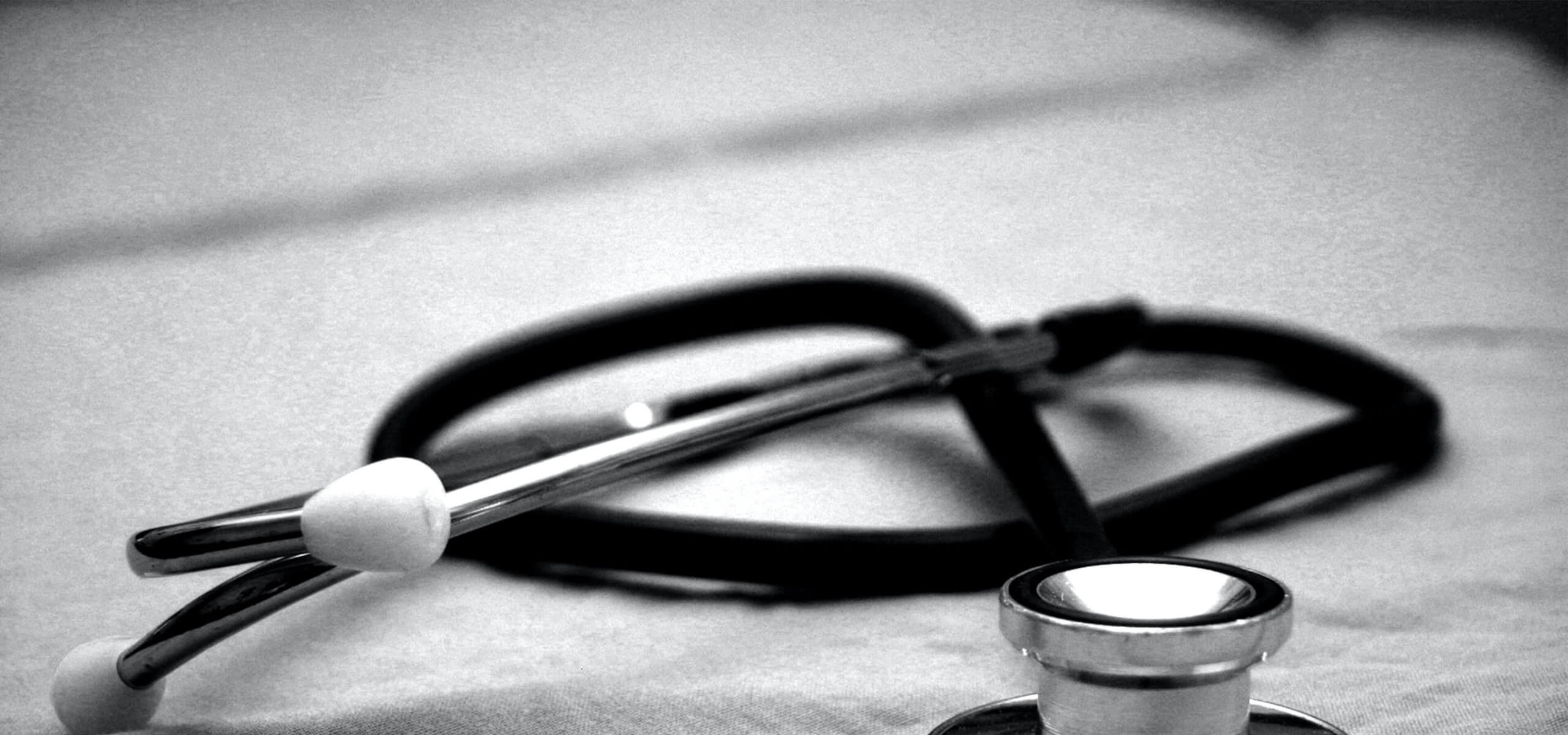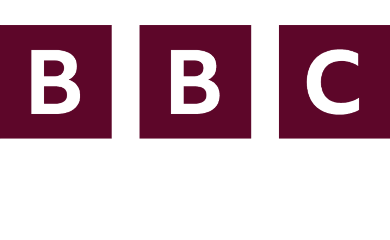Our International Health Service

The NHS relies on staff from all over the world. Over a quarter of NHS doctors – including almost half in some vital specialities – and almost one in six nurses, are from overseas. But following the Brexit referendum the NHS is finding it increasingly difficult to attract the clinical staff it needs from the EU. The number of EU nurses is already falling, and the proportion of European doctors gaining a licence in the UK has fallen from 25% of the total in 2014 to just 16% in 2017. This is making the NHS increasingly dependent on staff from outside the EU, who are being refused entry into the UK in their hundreds. Without relaxations in those restrictions and a commitment to erecting no new barriers to potential NHS staff from the EU after Brexit, the NHS will be unable to recruit the staff it needs.
The NHS is a national service, but it has always relied on staff from all over the world to enable it to provide the healthcare the people of this country need. In the NHS in England, which employs around 1.2 million people in total, one in eight of those staff who have a known nationality – 12.5% – are from overseas. But NHS staff in clinical roles are much more likely to come from abroad. Over a quarter of doctors (26%) and 16% of nurses and health visitors are from overseas, compared to just 5% of managers and 3% of senior managers.
And several specialties which deal with some of the most serious and life-threatening health problems are significantly reliant on foreign doctors. For example:
- 45% of cardio-thoracic surgeons in the NHS are from outside the UK
- 45% of paediatric cardiologists in the NHS are from outside the UK
- 41% of neurosurgeons in the NHS are from outside the UK
But there are worrying signs that in the aftermath of the Brexit referendum the NHS is finding it increasingly difficult to attract the clinical staff it needs from the EU – which could add significant new pressures to the NHS in the future, at a time when Health Education England has estimated that the NHS could need as many as 190,000 additional clinical staff by 2027.
Analysis by Global Future of NHS and GMC data gives a worrying picture for the future of NHS recruitment.
- The number of European nurses in the NHS has fallen since the EU referendum.
- The proportion of EU/EEA doctors gaining a licence to practice in the UK has fallen from 25% of the total in 2014 to just 16% in 2017.
- The rate of increase in the number of EU/EEA doctors in the NHS has decreased every year for the last five years.
- The rate of increase in the number of EU/EEA doctors registered by the GMC in England has decreased every year for the last five years.
We need to celebrate the international nature of our health service, and ensure that it is sustainable in the future by enabling it to continue to recruit the staff it and the people who rely on it need, from all over the world. In particular, this means:
- Scrapping the Tier 2 visa cap and the minimum income threshold for immigration from outside the EU, which are preventing the NHS from recruiting the staff it needs.
- Abandoning the target of reducing net migration to the tens of thousands, which drives immigration restrictions which damage the NHS and make it more difficult for it to provide the care UK citizens and taxpayers have the right to expect.
- Ensuring that any post-Brexit immigration system does not make it more difficult for the NHS to recruit from the EU.





